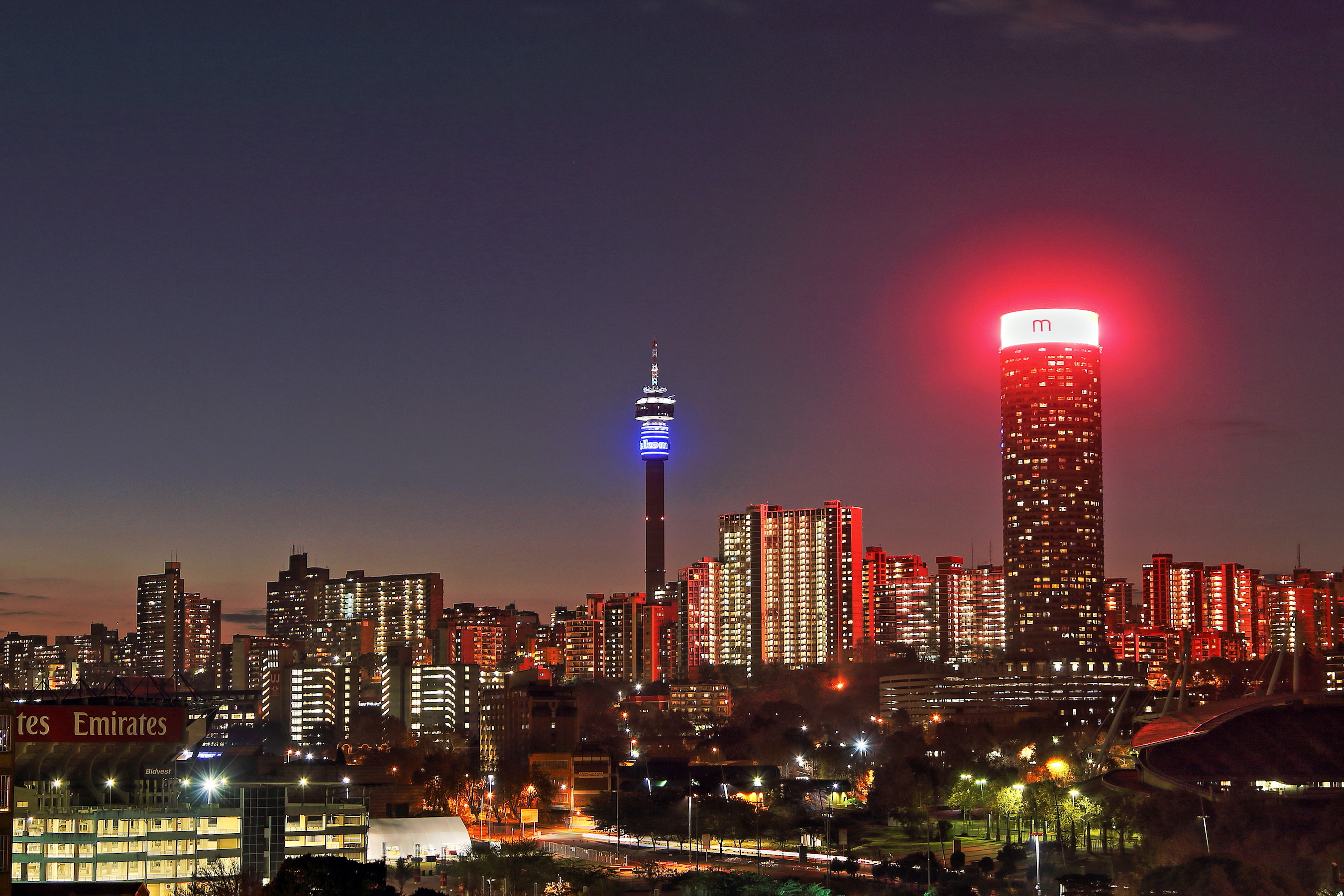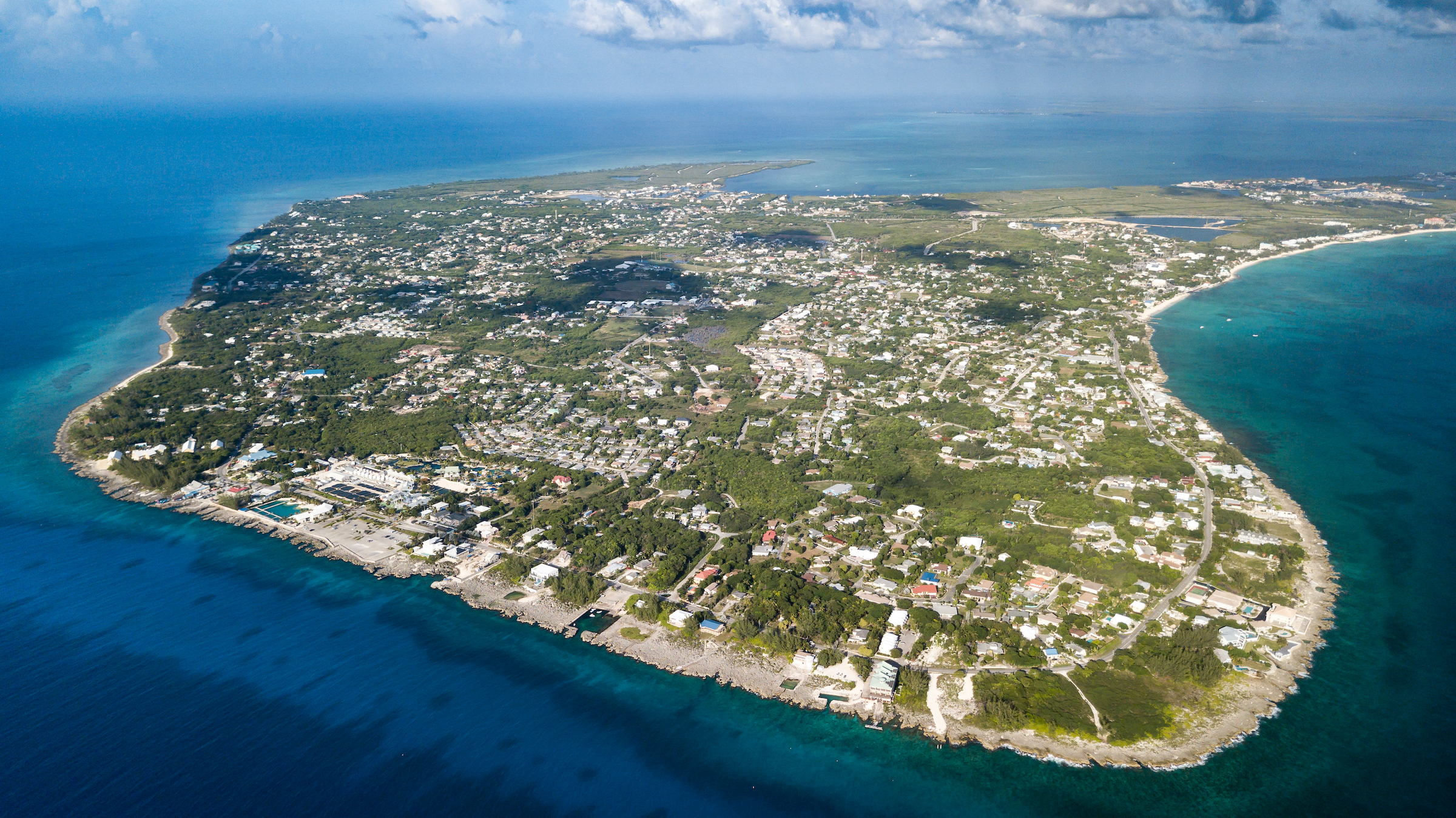Looking at the experience of the last 10 years, it’s important to distinguish between different African countries. Some countries were not necessarily exemplary from a governance or democratic perspective, but attracted a fair bit of investment, including investment that was not always in the extractive industries. There was investment in services and new technologies in places like Greater Nairobi, Greater Johannesburg and Lagos, and it’s not a coincidence that these are major financial centres in Africa with large middle classes and the infrastructure to handle those new investments. So there are positive stories over the last 10 to 15 years that are important to highlight.
The problem of capital flight in Africa
Professor of International Politics
- While there are positive stories from the last decade, much of sub-Saharan Africa sees insufficient foreign investment, and most investment is still in the extractive industries.
- Capital flight away from Africa, often into tax havens, is a major obstacle to development.
- Changes in global governance are needed to address capital flight.
Positive stories of investment

Photo by Wesley Lazarus
Sub-Saharan Africa and extraction
Ethiopia made a significant and perhaps unique investment within the African context in the industrial sector during this period. Rwanda is another authoritarian country that is considered to be well-governed in many ways. But these experiences contrast with the larger situation in most of sub-Saharan Africa, in which countries have seen, firstly, insufficient foreign direct investment and, secondly, foreign direct investment being overwhelmingly concentrated in the extractive industries.
Such has been the case in Tanzania, Mozambique and many countries in West and Central Africa, including well-governed countries that have been unable to attract foreign direct investment outside these particular extractive sectors. That points to several issues. The first is that African economies are competitive in these arenas, but not very competitive in other arenas. For instance, with the few exceptions previously mentioned, such as Ethiopia, African States do not receive significant investment in light manufacturing. If you are an investor in the apparel business and you think Vietnam is getting too expensive, you’re probably going to go to Bangladesh; you’re not going to go to Ghana or to other countries in sub-Saharan Africa. Despite improvements over the last decades, many African States remain narrowly focused and narrowly competitive in the extractive arenas.
The problem of capital flight
A significant issue for Africa is capital flight, which has increased over recent decades, ironically, because of the expansion of African financial links with the world. As African banking has expanded and African banks have built corresponding relations with outside banks that didn’t exist before, paradoxically, it has become easier to get your money out of Africa and into the international economy than it was 20 or 25 years ago.
The numbers in this regard are absolutely striking. In 2019, Africa received about $45 billion in foreign direct investment, but close to $90 billion left the continent during the same period. 2020 is said to be even worse. We expect capital flight to be of a similar order of magnitude to 2019, but because of the coronavirus pandemic, foreign direct investment into Africa will have been as little as $20 billion.
In other words, the money that leaves Africa is of a completely different order of magnitude than the money that comes into Africa as either foreign direct investment or development aid, even in good years. The international financial system structures that enable this amount of leakage away from productive sectors in Africa is one of the major scandals in the way the international system works and impacts on African development, which we need to speak much more about.
The pull of tax havens

Photo by Richard Whitcombe
A crucial point is that money is not just leaving Africa to go into more efficient, competitive markets. It is often going to tax havens whose attraction resides in secrecy, in what they provide clients in terms of asset protection, confidentiality and the potential for tax evasion. It’s not because these financial centres are competitive in any productive sense. By putting money into these havens, it’s not as if African elites are investing in other success stories or productive sectors elsewhere, which would then place the burden on Africa to become attractive and competitive itself to keep this money in.
These tax havens are built to scoop money away not just from Africa but from other parts of the world economy. They provide corporations active in Africa with the structures, the transfer pricing mechanisms, to declare their profits and losses in a way that minimises their tax burdens on the African continent. It’s these mechanisms which were less relevant 30 or 40 years ago, and which have certainly been ramped up over recent years, that make it so difficult for Africa to have the capital needed for sustainable development.
Domestic and global governance
If the international economy did not allow for the amount of leakage that we see today with capital flight away from Africa, there’s no guarantee that this money would stay and be used productively for national development. National decision makers would still be confronted with difficult choices, and they would still have to make the right calls in terms of shaping their economies in a competitive and sustainable way. But without those resources staying on the continent, it’s very unlikely that those choices can even ever be made in the first place.
We shouldn’t forget the importance of domestic governance. A lot of the dysfunctional outcomes in African States is the responsibility of African decision makers who made the wrong calls – sometimes self-serving calls that were self-enriching but not broad-based or developmentally minded.
But when it comes to capital flight, this is really an issue of global governance. What we’ve built in the last 20 years is an international system that promotes capital flight. It creates incentives for money to end up not just in dodgy Caribbean islands but in New York, Zurich, Paris, Brussels and London. This is not just about what the Cayman Islands or Bermuda do. This is about real estate in Chelsea. This is about investments in the major capitals of the West and a framework inside Western States that has positively enticed these capital flows away from African States.
Building Africa’s future
It was easier to speak of “Africa” 20 years ago because the crisis of the late 20th century, the economic decline and the strife that Africa faced at the time, impacted on practically all countries simultaneously. Each country had its own trajectory, but you could say that there was a pan-African reality that was playing out mostly in a negative way at that time. Right now, Africa is diverging, with different African countries going in very different directions.
It’s important to think about Africa in its multiplicity. There are challenges, but some countries have real opportunities that they can take hold of. When dealing with the question of Africa’s future, it’s very common for people to emphasise either the domestic reality or the international reality. Typically, one is credited for either advancing Africa or for holding it behind, but both have to be kept in consideration.
Some African elites are not public-spirited. They’re not trying to engage in nation-building in an inclusive and developmental manner, so the internal political process of individual African States is crucial. There are African activists and African democrats trying to bring about accountability. There are African journalists engaged in extraordinarily courageous investigative journalism, trying to bring light onto operations that decision makers would prefer to remain opaque. There’s a lot to be said for what individual Africans are doing at the national level and at the local level as they seek to improve their lives.
How global actors affect Africa

Photo by KeepWatch
But it is also the case that important features of global governance have been stacked against African interests. I mentioned at length the question of capital flight, which is really crippling the developmental prospects of many African States. The place to address that issue is not inside individual African countries or even at the pan-African level, although an African collective position on this is important, but rather in the major financial centres of the industrial world. That’s where we have to see a decisive move in terms of trade policies that are not harmful to African exports and in terms of financial transparency to diminish capital flows away from capital-scarce countries.
That may become more difficult now that relations, especially between the West and China, have deteriorated, making it less likely that those choices in global governance will be implemented in the coming decades. But it’s important for us to see what we can do inside our own societies and how much responsibility we have.
I don’t think that responsibility is primarily through aid. I don’t think it’s primarily through gift giving. It’s really about creating basic rules in international governance that are not inimical to the developmental efforts of African States. If we address the issues in which we’re actively doing harm to African developmental prospects, we will accomplish an enormous amount and create the conditions in which different African States can then proceed to make their own choices about their own future.
Discover more about
Capital flight out of Africa
Engebretsen, R., & Soares de Oliveira, R. (2020). Angola: ‘For the English to see—the politics of mock compliance’. In E. Jones (Ed.), The Political Economy of Bank Regulation in Developing Countries: Risk and Reputation (pp. 283–304). Oxford University Press.
Ferreira, M. E., & Soares de Oliveira, R. (2019). The political economy of banking in Angola. African Affairs, 118(470), 49–74.
Soares de Oliveira, R. (2020). African oligarchs turn to Asian offshore destinations. Financial Times.